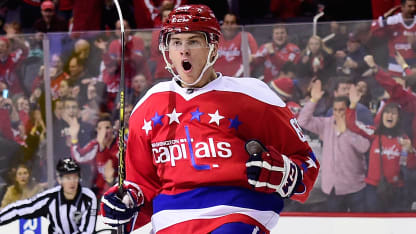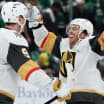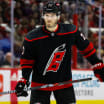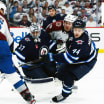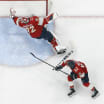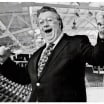The points started coming when Burakovsky was promoted to the second line after third-line center Jay Beagle was injured on Dec. 30. Marcus Johansson moved from second-line left wing to Beagle's place on the third line, which cleared a path for Burakovsky.
"He wasted a lot of time thinking about things that weren't in his control, and I think when he just realized, 'Hey I can only control this,' his game started getting better," Trotz said. "I kept trying to get him moved up, and then when [Beagle] got hurt, we moved Marcus in there and [Burakovsky went] right in there and he's done really good and he's playing a much more confident brand of hockey than he did earlier."
Burakovsky's average time on ice jumped from 11:40 per game through the first 34 games of the season to 14:21 during the past 16, and he has seen increased power-play time.
"You can't argue with results. He's playing better and we don't know where his ceiling is, and he'll keep improving," Williams said. "It's a very instinctual game, and when your head's not right, you're thinking the worst instead of the seeing the puck go into the net, visualizing it going into the net.
"If you think your shot's going to get blocked, then it probably is. He's doing a lot of the right things and he's hanging on to the puck offensively. He's getting first to the net on the forecheck and he's creating a lot of offense for us."
